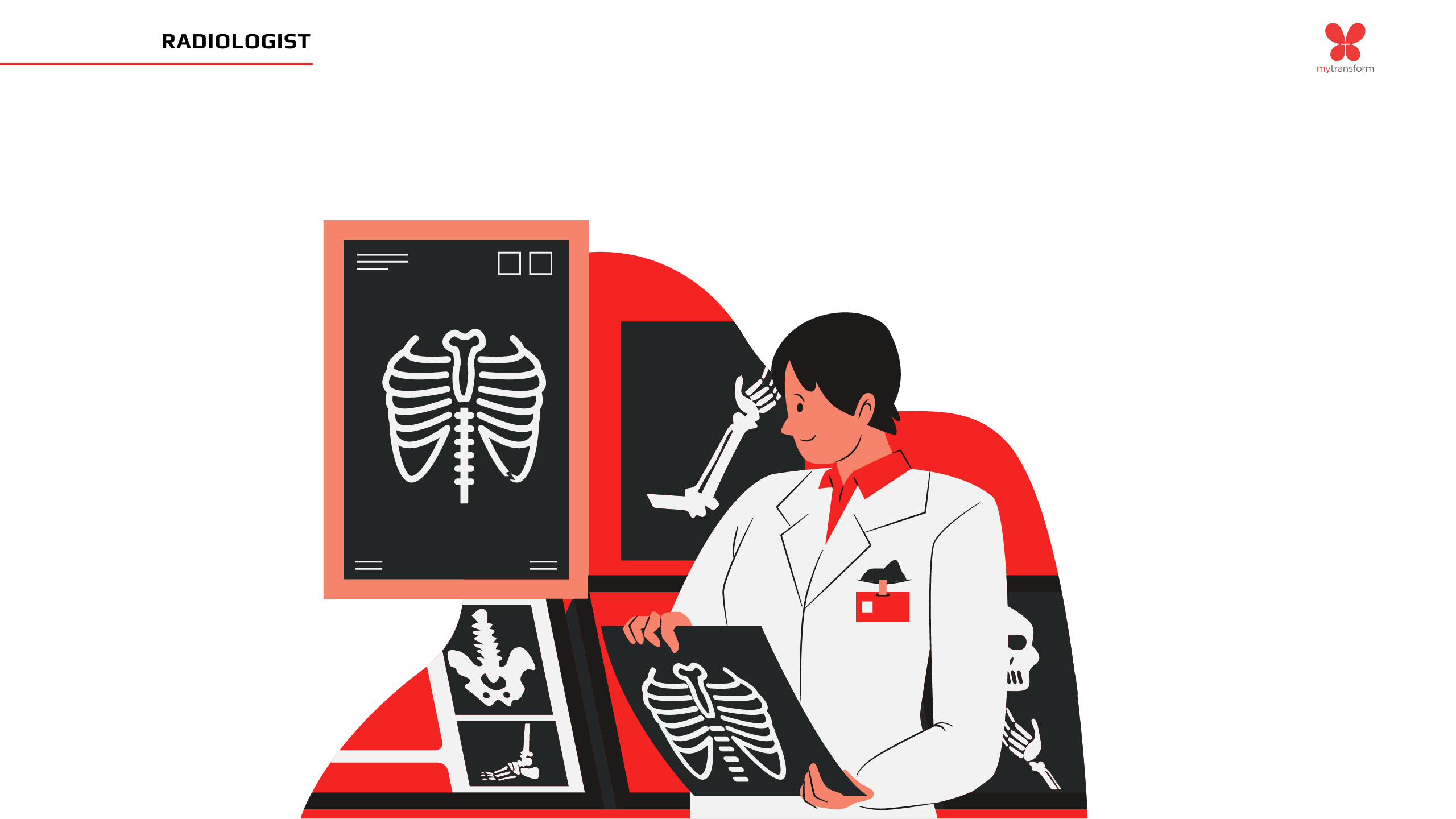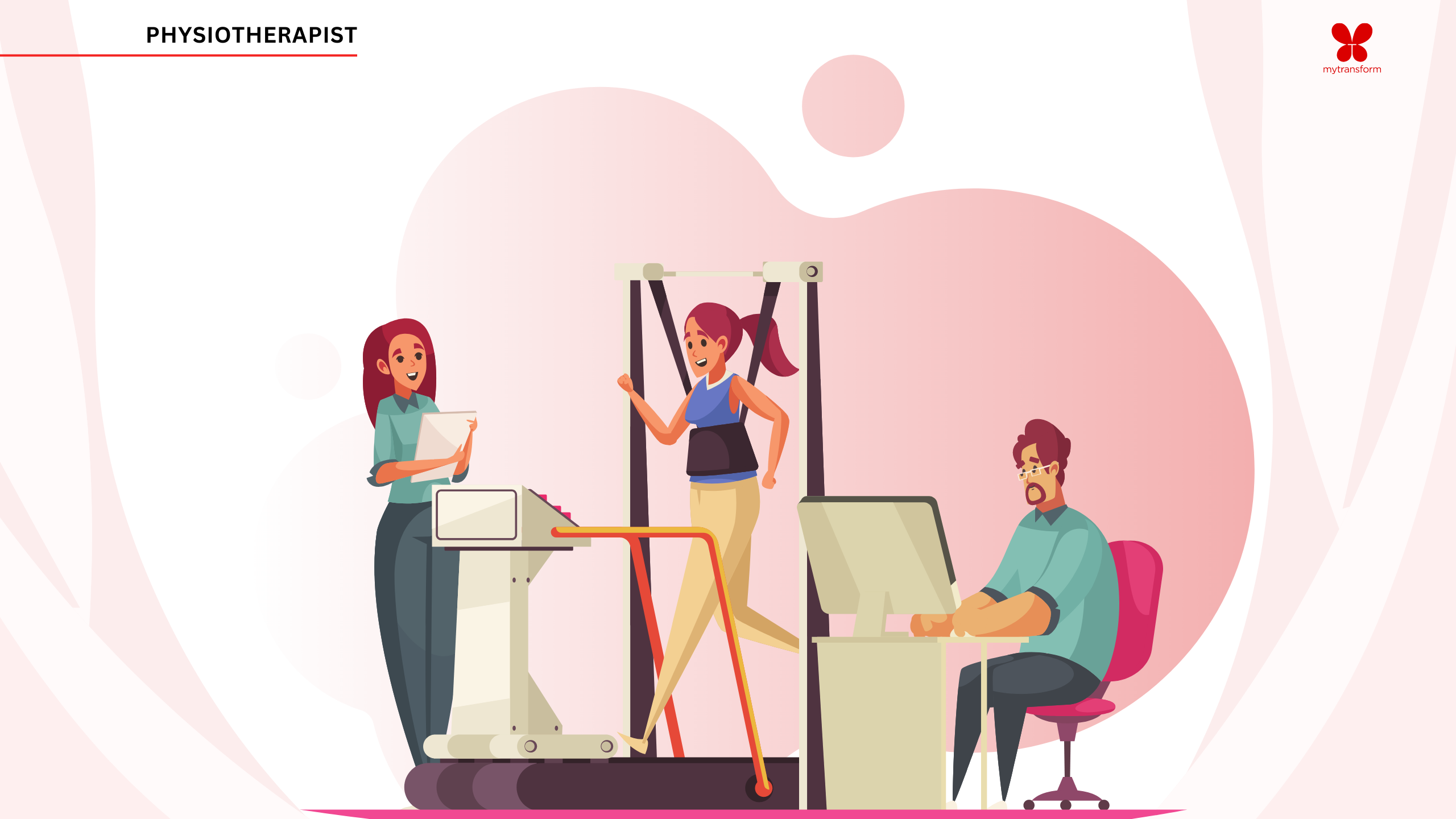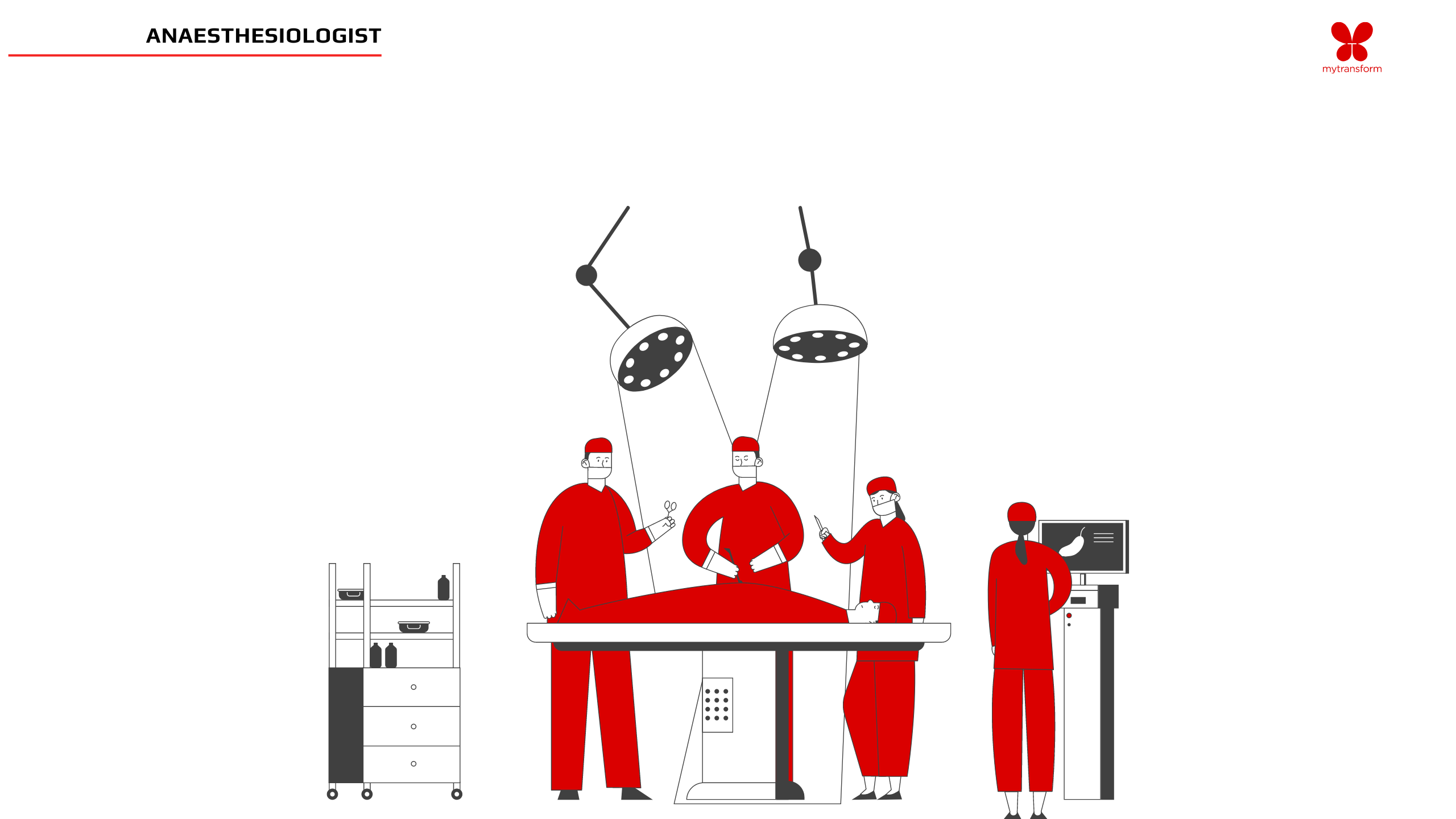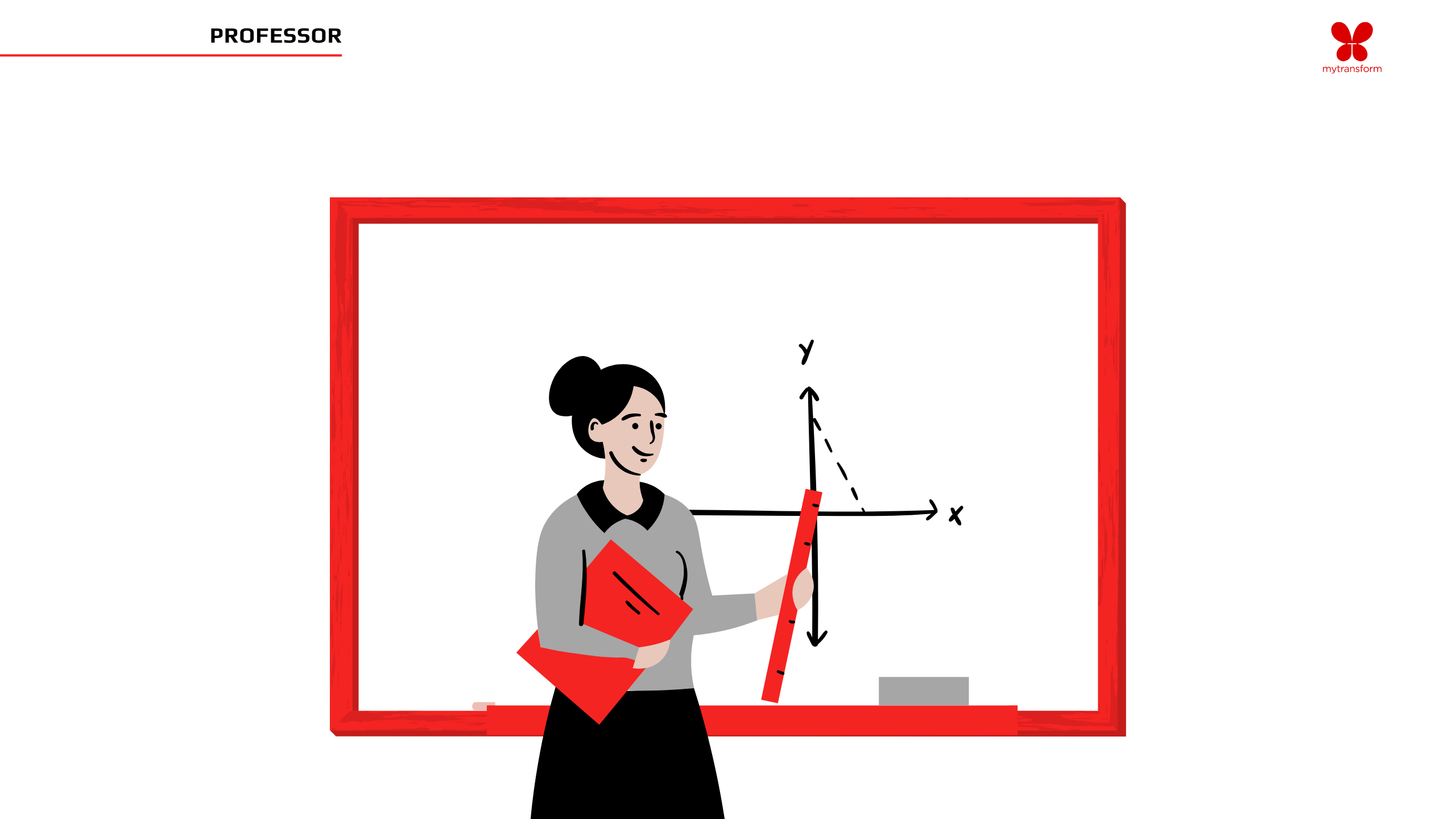An Indian Foreign Service (IFS) officer represents the government of India in foreign countries and promotes the country’s interests abroad.
To become an IFS officer, candidates must hold a bachelor’s degree and pass the Civil Services Examination (CSE) conducted by the Union Public Service Commission (UPSC).
If you are wondering ‘How to become an IFS Officer in India?’, this article will provide all the details on What an IFS Officer does, Indian Foreign Service Officer’s salary is, how to join Indian Foreign Service, the Indian Foreign Service exam eligibility, how to prepare for Indian Foreign Service, etc.
Who Is An Indian Foreign Service (IFS) Officer?
An Indian Foreign Service (IFS) officer is a member of the Indian Foreign Service, a diplomatic service that represents the government of India in foreign countries and promotes the country’s interests abroad.
IFS officers are responsible for a wide range of activities, including diplomacy, consular services, trade, and investment promotion, cultural exchange, and administration.
They are posted to Indian missions abroad, such as embassies, high commissions, and consulates, as well as to various international organizations.
Types Of Positions In Indian Foreign Service
Indian Foreign Service (IFS) officers are posted to various positions in foreign countries as well as in Indian missions abroad. Here are some of the types of positions that IFS officers are posted to:
1. Ambassadors:
Ambassadors are the highest-ranking IFS officers and are responsible for representing the government of India in foreign countries. They serve as the head of the Indian mission in the country and are responsible for all aspects of the mission’s work, including diplomacy, trade, and cultural exchange.
2. High Commissioners:
High Commissioners are IFS officers who are posted to Commonwealth countries as the head of the Indian mission. They have similar responsibilities to Ambassadors, but the title “High Commissioner” is used in Commonwealth countries instead of “Ambassador.”
3. Consuls General:
Consuls General are IFS officers who are posted to consulates general, which are Indian missions located in major cities outside of the capital. They are responsible for providing consular services to Indian citizens living or visiting the region and for promoting trade and investment between India and the local area.
4. Deputy High Commissioners:
Deputy High Commissioners are IFS officers who assist the High Commissioner or the Ambassador in the running of the mission. They may also be in charge of specific areas of work, such as trade, culture, or consular services.
5. First Secretaries:
First Secretaries are IFS officers who are responsible for specific areas of work, such as political affairs, economic affairs, or press and information. They may also be responsible for managing the day-to-day operations of the mission.
6. Second Secretaries:
Second Secretaries are IFS officers who assist the First Secretaries in their work and may also be responsible for specific areas of work.
Overall, the types of positions in the Indian Foreign Service are diverse and offer a wide range of opportunities for career development and advancement.
What Is The Work Of An Indian Foreign Service Officer?
Indian Foreign Service (IFS) officers represent the government of India in foreign countries and work to promote the country’s interests abroad. Some of the main responsibilities of an IFS officer include:
1. Diplomacy:
IFS officers work to establish and maintain good relations with foreign governments, organizations, and individuals. They represent the government of India at various international forums and negotiate with foreign governments on a wide range of issues, such as trade, investment, and cultural exchange.
2. Consular Services:
IFS officers provide consular services to Indian citizens living abroad or visiting foreign countries. This includes issuing visas, passports, and other documents, as well as providing assistance to Indians in distress, such as in cases of accidents, illness, or natural disasters.
3. Trade and Investment Promotion:
IFS officers work to promote trade and investment between India and foreign countries. They identify opportunities for Indian businesses abroad and facilitate business transactions between Indian and foreign companies.
4. Cultural Exchange:
IFS officers promote cultural exchange between India and foreign countries by organizing cultural events and festivals, and by working with local authorities and organizations to promote Indian culture abroad.
5. Political Analysis:
IFS officers keep the government of India informed about the political developments in foreign countries and provide analysis and recommendations on how to address these developments.
6. Administration:
IFS officers manage the day-to-day administration of Indian diplomatic missions abroad, including the management of staff, budget, and facilities.
Overall, the work of an IFS officer is diverse and challenging and requires a combination of diplomatic, cultural, and administrative skills.
Skills Required to Become An Indian Foreign Service Officer
To become an Indian Foreign Service (IFS) officer, you should have the following skills:
1. Strong Communication Skills:
As an IFS officer, you should have excellent written and oral communication skills in English and at least one Indian language, and proficiency in foreign languages is an advantage.
2. Analytical and Problem-solving Skills:
You should have the ability to analyze and interpret complex information, as well as the ability to think critically and solve problems.
3. Cultural Awareness:
As an IFS officer, you will be posted to countries around the world and will need to be sensitive to the culture, customs, and traditions of the local people.
4. Interpersonal Skills:
You should be able to work effectively with people from different cultures and backgrounds.
5. Leadership Skills:
As an IFS officer, you may be required to lead a team of diplomats or manage a diplomatic mission. You should have the ability to lead and motivate others.
6. Resilience and Adaptability:
As an IFS officer, you may face challenging and unpredictable situations. You should be able to adapt to change and handle stress effectively.
7. Strong Work Ethic:
You should have a strong commitment to your work and be willing to put in the necessary effort and dedication to succeed in your career as an IFS officer.
Indian Foreign Service Officer Eligibility
To become an Indian Foreign Service (IFS) officer, you must meet the following eligibility criteria:
-
-
- Citizenship: You must be a citizen of India.
- Age: You must be at least 21 years old on the first day of the month in which the examination is held.
- Educational Qualification: You must have a bachelor’s degree in any discipline from a recognized university.
- Physical Fitness: You must be physically fit and meet the medical standards set by the government.
- Language Proficiency: You must have a good command of English and at least one Indian language. Proficiency in foreign languages is also an advantage.
In addition to these eligibility criteria, you must also be willing to serve anywhere in India or abroad as per the requirements of the Indian Foreign Service. You must also be able to adapt to new cultures and environments, as you may be posted to countries around the world as an IFS officer.
Indian Foreign Service Officer Qualifications
To become an Indian Foreign Service (IFS) officer, you must have a bachelor’s degree in any discipline from a recognized university.
There is no specific educational qualification required for the IFS, and candidates from all fields of study are eligible to apply. However, a degree in subjects such as international relations, economics, political science, or law can be particularly useful for a career in the IFS.
In addition to a bachelor’s degree, proficiency in English and at least one Indian language is also required for the IFS. Proficiency in foreign languages is an advantage and can be helpful in your career as an IFS officer.
To apply for the IFS, you must also pass the Civil Services Examination (CSE), which is conducted by the Union Public Service Commission (UPSC).
The CSE consists of two stages: the Preliminary Exam and the Mains Exam. Candidates who clear the Mains Exam are called for a Personality Test, also known as the Interview, which is conducted by the UPSC.
Based on your performance in the CSE and the Personality Test, the UPSC will prepare a merit list of candidates who are eligible for appointment to various civil services, including the IFS.
How To Become An Indian Foreign Service Officer In India? A Step-by-Step Guide
Here are the steps you can follow to become an Indian Foreign Service (IFS) officer in India:
1. Meet the Eligibility Criteria:
To be eligible for the IFS, you must be a citizen of India, have a bachelor’s degree in any discipline from a recognized university, and be at least 21 years old. You must also be physically fit and meet the medical standards set by the government.
2. Register for the Civil Services Examination (CSE):
The CSE is a competitive exam conducted by the Union Public Service Commission (UPSC) to recruit candidates for various civil services in the government, including the IFS. To appear for the CSE, you must register online on the UPSC website.
3. Prepare for the CSE:
The CSE consists of two stages: the Preliminary Exam and the Mains Exam. The Preliminary Exam is a screening test to shortlist candidates for the Mains Exam. Both exams are highly competitive, and you will need to put in a lot of hard work and dedication to prepare for them.
4. Appear for the CSE:
The Preliminary Exam is held in June every year, and the Mains Exam is held in December. You will need to appear for both exams in order to be eligible for the IFS.
5. Clear the Personality Test:
If you clear the Mains Exam, you will be called for a Personality Test, also known as the Interview, which is conducted by the UPSC. This test is meant to assess your personality, knowledge, and suitability for a career in civil services.
6. Get Selected:
Based on your performance in the CSE and the Personality Test, the UPSC will prepare a merit list of candidates who are eligible for appointment to various civil services, including the IFS. If you are on the merit list, you will be offered an appointment as an IFS officer.
7. Complete the Training:
After you are appointed as an IFS officer, you will need to complete a mandatory training program at the Lal Bahadur Shastri National Academy of Administration in Mussoorie.
This program will prepare you for your career as an IFS officer and will cover a wide range of topics, including diplomacy, international relations, and foreign languages.
Becoming an IFS officer is a challenging and competitive process, but it can be a rewarding and fulfilling career for those who are committed and dedicated. I hope this step-by-step guide has helped you understand the process of becoming an IFS officer in India.
Indian Foreign Service Officer Salary
Indian Foreign Service (IFS) officers are among the highest-paid employees in the Indian government. Their salary and allowances are similar to those of Indian Administrative Service (IAS) officers.
The starting salary for an IFS officer is INR 56,100 (about $776) per month. In addition to the basic salary, IFS officers are also entitled to various allowances, such as:
-
- House Rent Allowance (HRA)
-
- Leave Travel Concession (LTC)
The actual amount of these allowances may vary depending on the location of the posting and the officer’s family status.
IFS officers are also entitled to furnished government accommodation or a housing allowance, as well as a number of other benefits, such as free medical treatment for self and family, free education for children, and a pension after retirement.
Overall, the salary and benefits of an IFS officer are very good and are meant to attract the best and brightest candidates to the service.
Pros and Cons of Being An Indian Foreign Service Officer
Pros of Becoming An IFS Officer
Some potential benefits of becoming an Indian Foreign Service (IFS) officer include:
-
-
- Opportunities for international travel and exposure: As an IFS officer, you will have the opportunity to work and live in different countries, which can be a rewarding and enriching experience.
- Diverse work opportunities: IFS officers work in a variety of settings, including embassies, consulates, and international organizations, and can be involved in a range of activities such as political, economic, and cultural diplomacy.
- Opportunities for professional development: The IFS provides training and development opportunities to its officers, both within India and abroad.
- Respect and prestige: As a government officer, you will be respected in society and have a high social status.
- Job security: Government jobs in India are known for their stability and security.
- Good pay and benefits: IFS officers receive a competitive salary and benefits package, including housing, medical coverage, and retirement benefits.
- Opportunities to make a difference: As an IFS officer, you will have the opportunity to work on issues of international importance and to represent India on the global stage, which can make a positive impact on the country and the world.
Cons of Becoming An IFS Officer
Some potential drawbacks of becoming an Indian Foreign Service (IFS) officer might include:
-
-
- Long and unpredictable work hours: As an IFS officer, you may be required to work long and irregular hours, as the nature of the job often requires being on call and being able to respond to changing circumstances and priorities.
- Stress and pressure: The IFS can be a demanding and high-pressure job, as you may be required to handle sensitive and complex issues and to represent India in challenging and sometimes difficult circumstances.
- Limited time at home: As an IFS officer, you may be posted to foreign countries for extended periods of time, which can be difficult for those with family and other personal commitments.
Summary
Indian Foreign Service (IFS) officers are members of the Indian Foreign Service, a diplomatic service that represents the government of India in foreign countries and promotes the country’s interests abroad.
IFS officers are responsible for a range of activities including diplomacy, consular services, trade, and investment promotion, cultural exchange, and administration.
IFS officers maintain good relations with foreign governments, organizations, and individuals and negotiate on behalf of India on various issues.
They also provide consular services to Indian citizens abroad and promote cultural exchange between India and other countries.
There are various positions within the Indian Foreign Service including Ambassadors, High Commissioners, Consuls General, Deputy High Commissioners, First Secretaries, and Second Secretaries, each with their own specific responsibilities.
IFS Officers are one of the most paid employees of the Indian Govt. There are various pros and cons of becoming an IFS Officer. Overall, it is very rewarding as well as challenging to become an IFS Officer.









